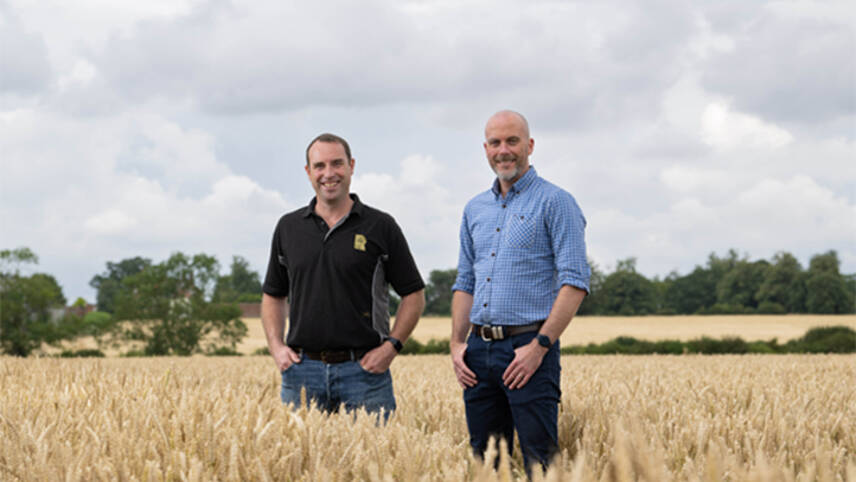This premium content is exclusive to edie Members.
To find out more about edie Membership, please click below.
If you are an existing member, login here

At a glance
Who: Nestlé UK & Ireland
What: A two-year trial to convert cocoa shells into low-carbon fertiliser
Where: York, Suffolk, and Northamptonshire in the UK.
Why: To reduce GHG emissions and enhance soil health
When: The trial is ongoing, with results expected in two years
The Challenge
Conventional fertiliser production has a considerable environmental impact. Currently, the use of traditional fertilisers accounts for more than 50% of the carbon footprint associated with wheat produced in the UK, in conjunction with nearly 5% of global GHG emissions when considering emissions from fertiliser production.
The Solution
Nestlé and Cargill’s collaborative initiative aims to recycle cocoa shells, which are typically waste products, into a low-carbon fertiliser. This innovative approach has the potential to reduce emissions and improve the sustainability of the supply chain.
How the Project Works
The project involves processing cocoa shells from Cargill’s York facility, with Swindon-based CCm Technologies pelletising the shells. The trial is taking place on arable farms in Suffolk and Northamptonshire, overseen by Fera Science Ltd. It assesses the performance of the cocoa shell fertiliser in terms of wheat yield, soil biodiversity, and GHG emissions, comparing it to conventional products.
The Results
After completing the harvest, a Winter wheat crop grown using the new cocoa shell fertiliser demonstrated comparable yields to the portion of the field treated with conventional fertiliser, showcasing the viability of cocoa shell-based fertiliser for sustainable agriculture.
If the trial proves successful, there is the potential to manufacture and provide up to 7,000 tonnes of low-carbon fertiliser to farmers within Nestlé’s UK wheat supply chain. This quantity of fertiliser corresponds to approximately one-quarter of Nestlé UK’s total fertiliser usage for wheat.
Business Benefits
This initiative aligns with Nestlé and Cargill’s commitment to innovation, collaboration, and sustainability. It contributes to Nestlé’s goal of achieving net-zero emissions by 2050 and sourcing 50% of key ingredients from regenerative agriculture by 2030.
Investment/Savings
The financial return on investment data is unavailable, but it encompasses a significant reduction in environmental impact.
Industry Context
According to the Agribusiness Task Force report by the SMI, regenerative practices are presently employed in the management of only 15% of the world’s cropland. The report highlights that this percentage needs to increase to a minimum of 40% by 2030 in order to fulfil the UN’s global climate and nature objectives.
© Faversham House Ltd 2024 edie news articles may be copied or forwarded for individual use only. No other reproduction or distribution is permitted without prior written consent.

